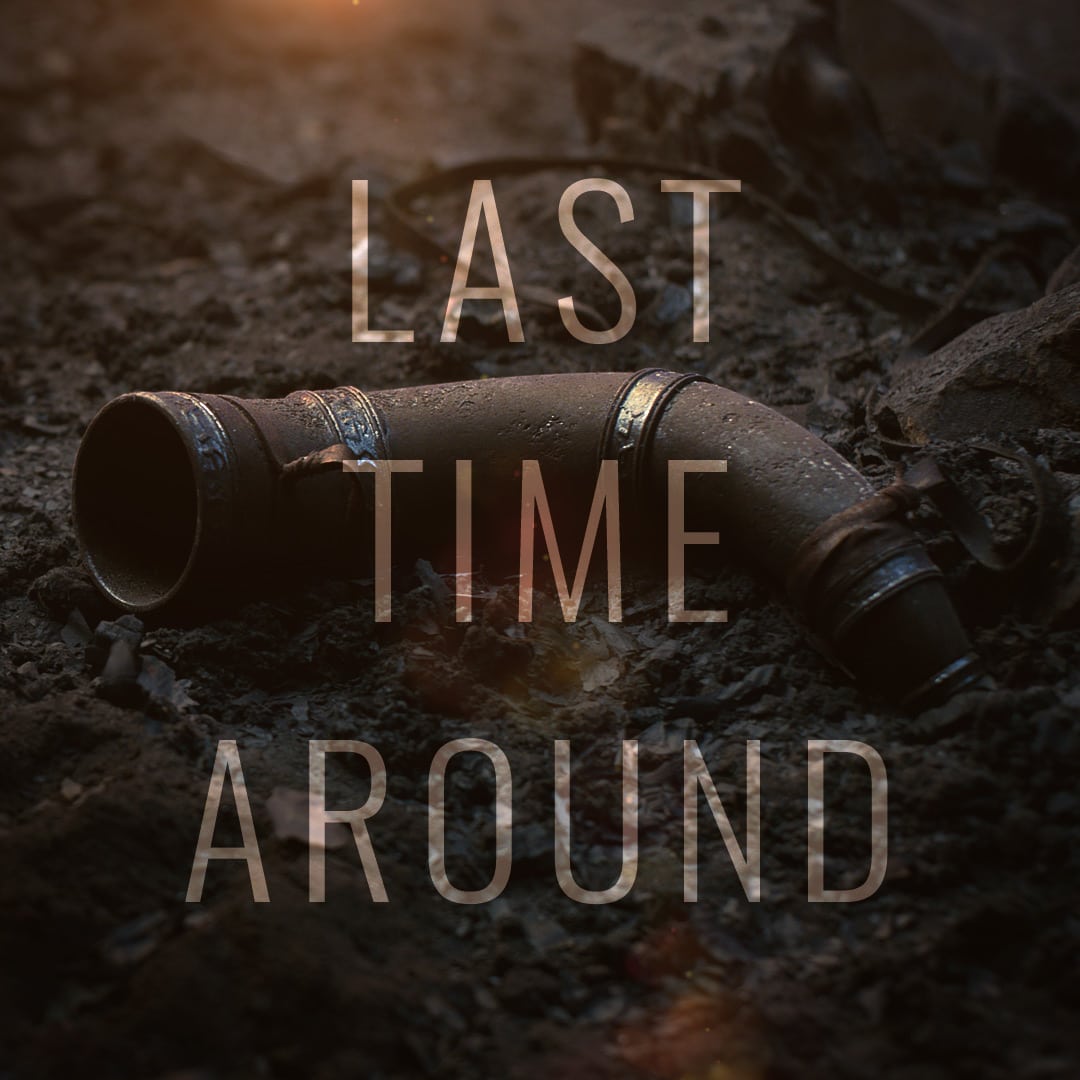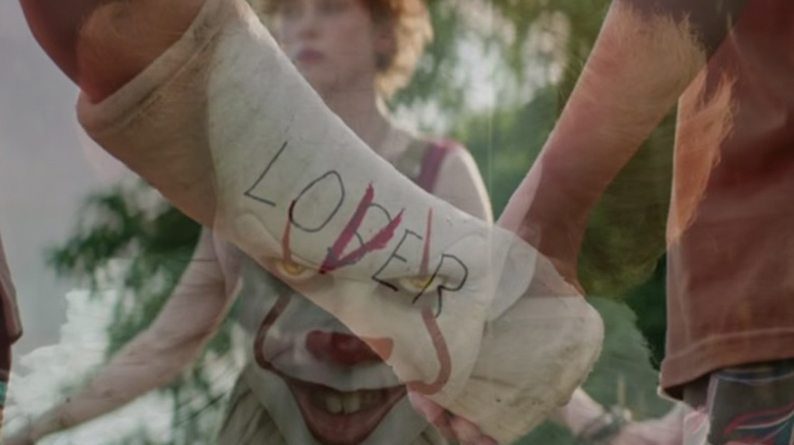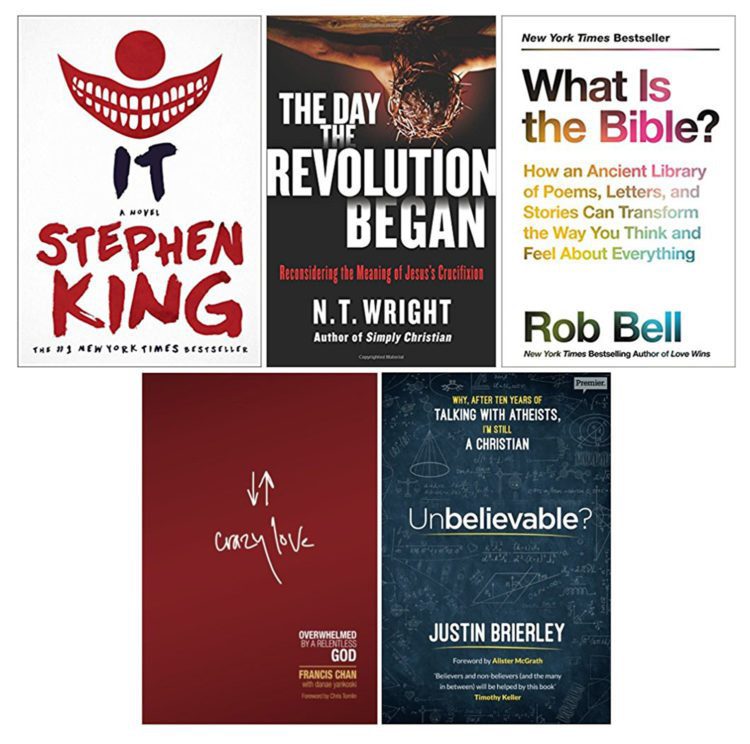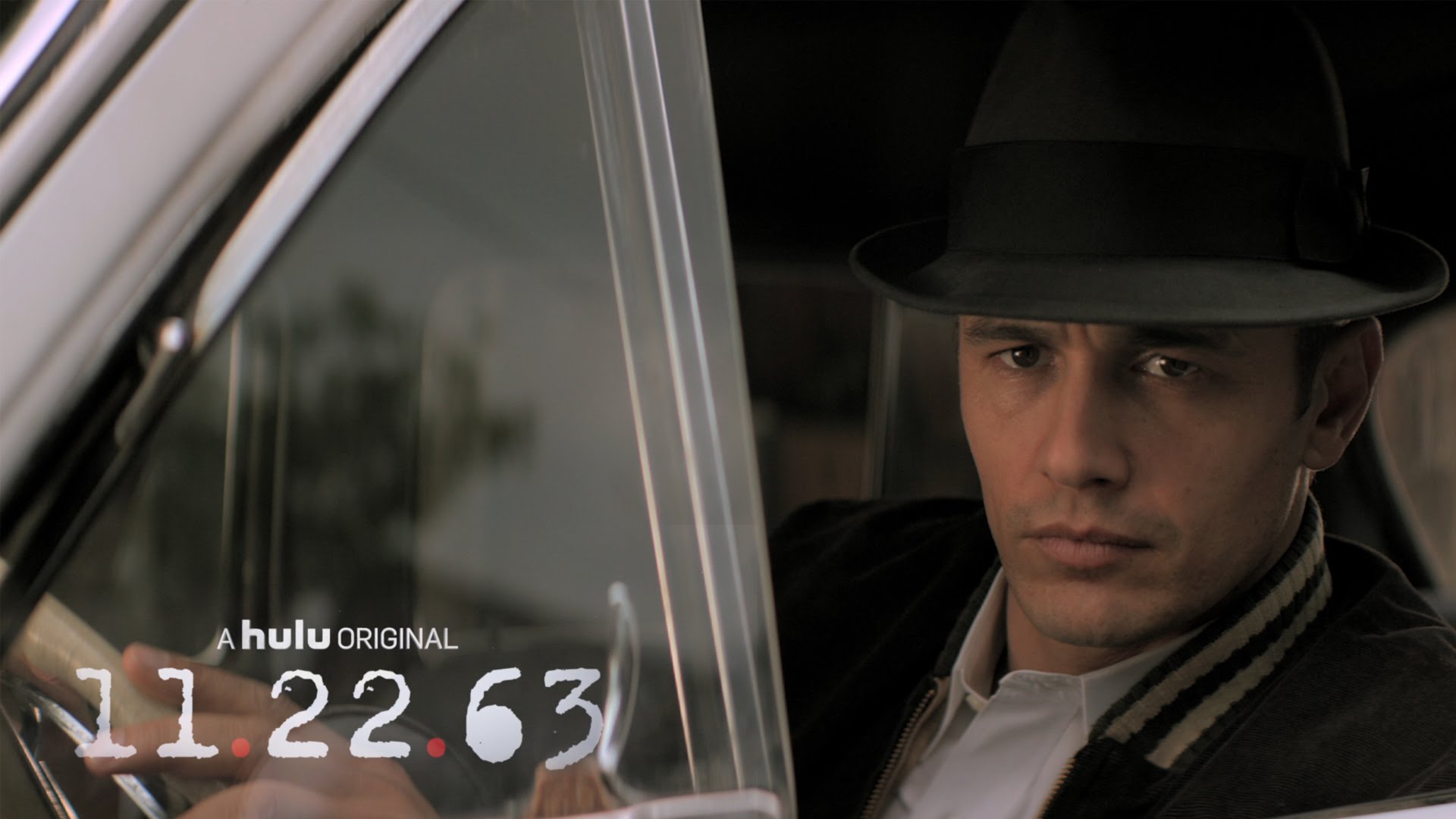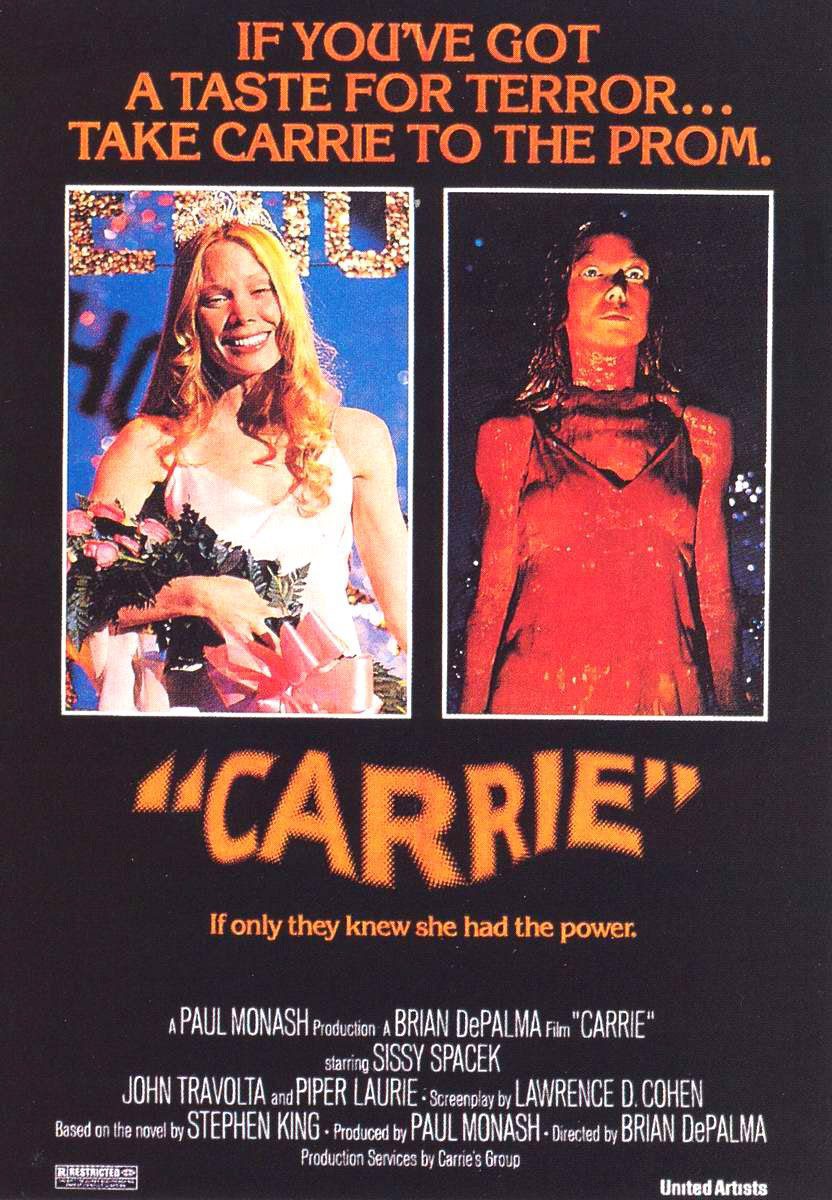![Doctor Sleep: Facing Our [Literal] Demons](https://b311079.smushcdn.com/311079/wp-content/uploads/2019/11/1568126680_646637_1568127690_gigante_normal.jpg?lossy=1&strip=1&webp=1)
Doctor Sleep: Facing Our [Literal] Demons
[Caution: The following review contains spoilers for Doctor Sleep.] A continuation of Stanley Kubrick?s classic horror movie,?The Shining,?Doctor Sleep?takes place after the events that occurred at the Overlook Hotel and follows the now grown-up Danny Torrance (Ewan McGregor). Doing his best to live with the horror that transpired as a child, Danny is tired and beaten…

